Sergei Rachmaninoff
Story
Sergei Rachmaninov was born into a family of Russian landowners in financial decline and his parents separated when he was still at school. Despite this, family connections were important: he married a cousin, and another cousin, the pianist Alexander Siloti, taught him at the Moscow Conservatory. There, his studies were supervised by a musical ‘godfather’, Nikolay Zverev, with whom he also lodged. But Zverev wanted Rachmaninov to be a pianist and threw him out of the house when he persisted with composition. Rachmaninov got his revenge when his one-act opera Aleko (1892) won the highest possible marks in his final exam. This led to a publishing contract and a premiere at the Bolshoi Theatre.
Meanwhile, Rachmaninov had written his Prelude in C sharp minor, whose popularity was to hound him in later life. He began his First Symphony in 1895, the disastrous premiere of which in 1897 led to a creative block of almost three years. Rachmaninov was no mean conductor himself and, when he found it almost impossible to compose, he launched what was virtually a third career – conducting opera. Though he recovered from the crisis in creative self-confidence with the help of Dr Nikolay Dahl, he always doubted the worth of his music, which he often revised with substantial cuts.
In 1906, shortly after the first signs of political unrest in Russia, Rachmaninov and his family left for Dresden, where he wrote his Second Symphony and First Piano Sonata. For his first tour of America as a pianist he composed his Third Piano Concerto (1909). His earnings enabled him to buy a car, and in the same year his uncle made over to him the country estate of Ivanovka. But Rachmaninov’s world was to be shattered by the Revolution of 1917, although the composer attempted to recreate it in the USA by buying a house there, giving it the same name as his Russian estate and filling it with Russian friends.
Considered one of the greatest pianists of his time, Rachmaninov was never poor. But his luxurious lifestyle depended on exhausting concert tours and took him away from composing. Arguably, his exile from Russia, as well as radical changes in the arts, made his type of epic Romanticism impossible to sustain. Yet he didn’t remain altogether aloof from contemporary musical developments, for his Rhapsody on a Theme of Paganini (1934) does have, as well as tender passages, a lean and biting quality, characteristics also present in the Symphonic Dances of 1940.
Profile by Adrian Jack © BBC
Details
- Composer
- Sergei Rachmaninoff
- Date of birth
- April 1, 1873
- Nationality
- Russian
- Albums
- 39
- Tracks
- 574
39 albums
-
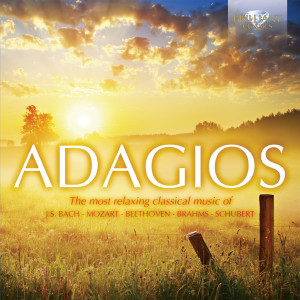
Antonín Dvořák, Maurice Ravel and 12 others
Adagios
-
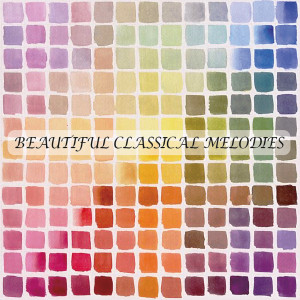
Edward Elgar, Georges Bizet and 27 others
Beautiful Classical Melodies
-
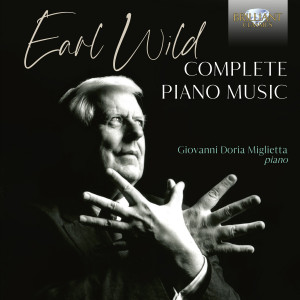
George Frideric Handel, Camille Saint-Saëns and 10 others
Earl Wild: Complete Piano Music
-
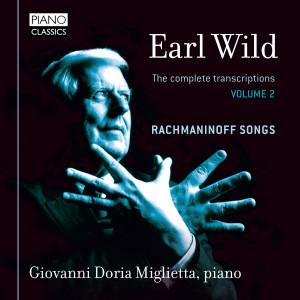
Sergei Rachmaninoff and Earl Wild
Earl Wild: The Complete Transcriptions & Original Piano Works, Vol. 2
-
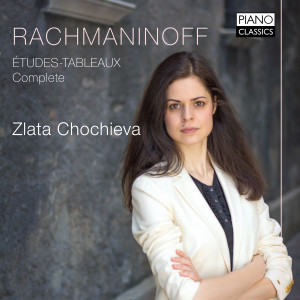
Sergei Rachmaninoff
Études-Tableaux
-
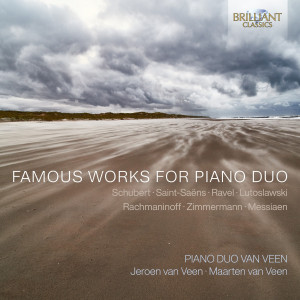
Camille Saint-Saëns, Maurice Ravel and 6 others
Famous Works for Piano Duo
-
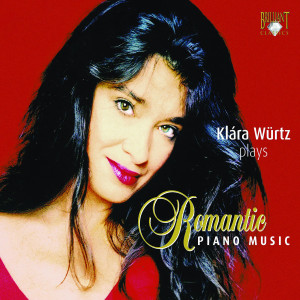
Franz Schubert, Sergei Rachmaninoff and 4 others
Klára Würtz Plays Romantic Piano Music
-
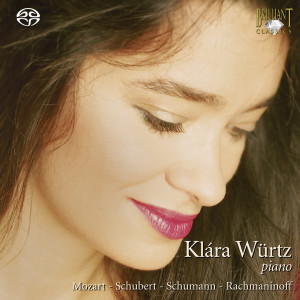
Wolfgang Amadeus Mozart, Franz Schubert and 5 others
Klara Würtz, Super Audio Collection
-
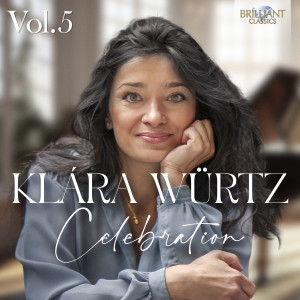
Maurice Ravel, Piotr Ilyich Tchaikovsky and 11 others
Klára Würtz: Celebration Vol. 5
-
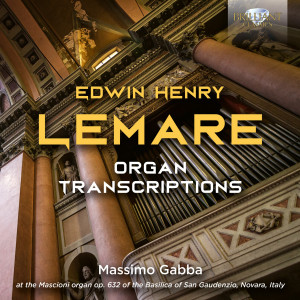
Richard Wagner, Georges Bizet and 7 others
Lemare: Organ Transcriptions
-
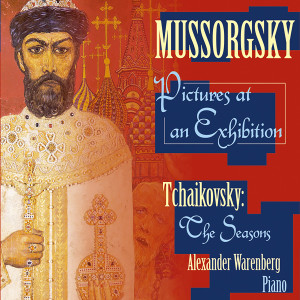
Piotr Ilyich Tchaikovsky, Alexander Scriabin and 4 others
Mussorgsky: Pictures at an Exhibition - Tchaikovsky: The Seasons
-
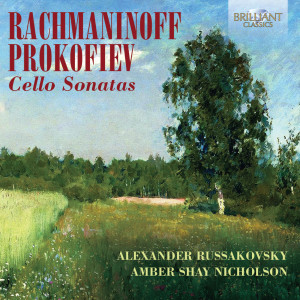
Piotr Ilyich Tchaikovsky, Alexander Glazunov and 3 others
Rachmaninoff & Prokofiev: Cello Sonatas
-
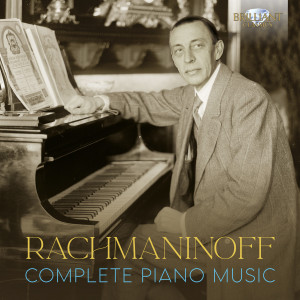
Sergei Rachmaninoff
Rachmaninoff Complete Piano Music
-
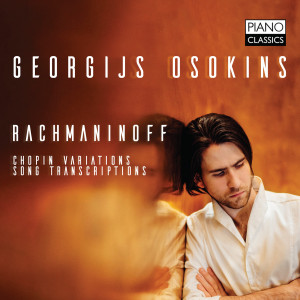
Sergei Rachmaninoff
Rachmaninoff: Chopin Variations, Song Transcriptions
-
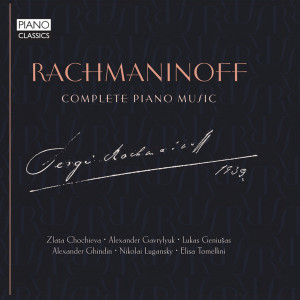
Sergei Rachmaninoff
Rachmaninoff: Complete Piano Music
-
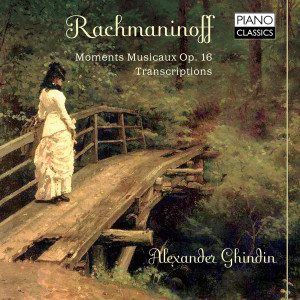
Georges Bizet, Piotr Ilyich Tchaikovsky and 7 others
Rachmaninoff: Moments musicaux, Op. 16, Transcriptions
-
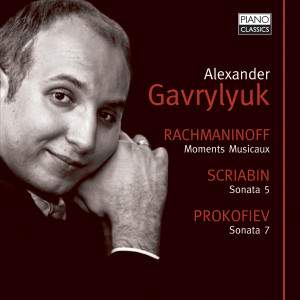
Alexander Scriabin, Sergei Rachmaninoff and Sergei Prokofiev
Rachmaninoff: Moments Musicaux, Vocalise - Scriabin: Sonata No. 5 - Prokofiev: Sonata No. 7
-
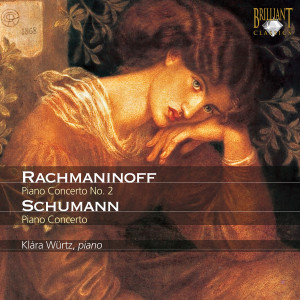
Sergei Rachmaninoff and Robert Schumann
Rachmaninoff: Piano Concerto No. 2 - Schumann: Piano Concerto
-

Sergei Rachmaninoff
Rachmaninoff: Piano Concerto No. 2, Cello Sonata
-
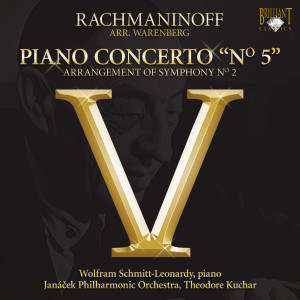
Sergei Rachmaninoff
Rachmaninoff: Piano Concerto No. 5
-
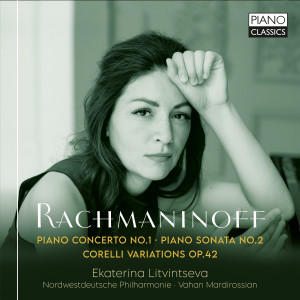
Sergei Rachmaninoff
Rachmaninoff: Piano Concerto No.1, Piano Sonata No.2, Corelli Variations, Op. 42
-
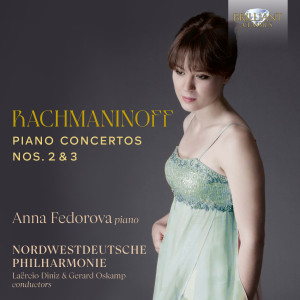
Sergei Rachmaninoff
Rachmaninoff: Piano Concerto Nos. 2 & 3
-

Sergei Rachmaninoff
Rachmaninoff: Preludes, Complete
-
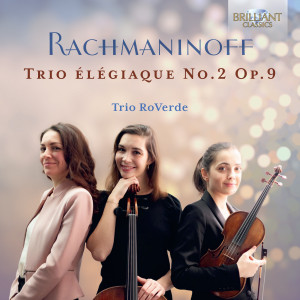
Sergei Rachmaninoff
Rachmaninoff: Trio Élégiaque No.2, Op. 9
-
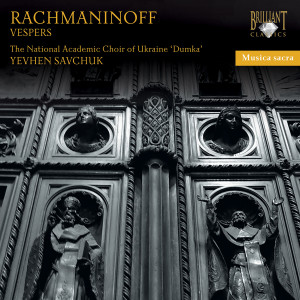
Sergei Rachmaninoff
Rachmaninoff: Vespers, Op. 37
-
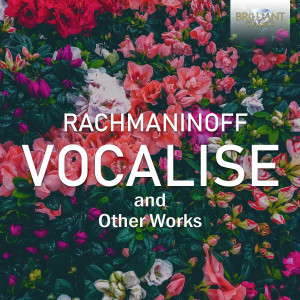
Sergei Rachmaninoff
Rachmaninoff: Vocalise and Other Works
-
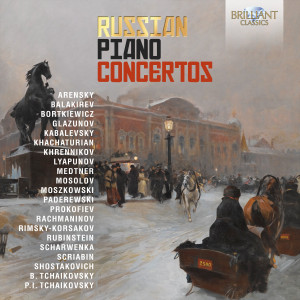
Aram Ilyich Khachaturian, Piotr Ilyich Tchaikovsky and 18 others
Russian Piano Concertos
-
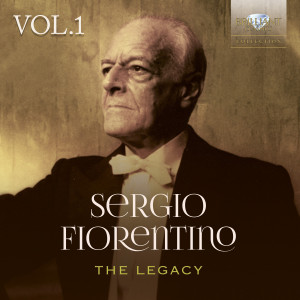
Franz Schubert, Alexander Scriabin and 6 others
Sergio Fiorentino: The Legacy, Vol. 1
-
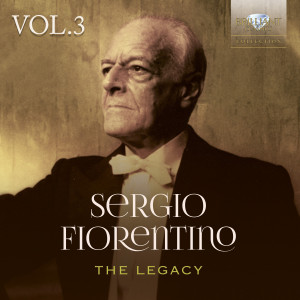
Johann Sebastian Bach, Wolfgang Amadeus Mozart and 6 others
Sergio Fiorentino: The Legacy, Vol. 3
-
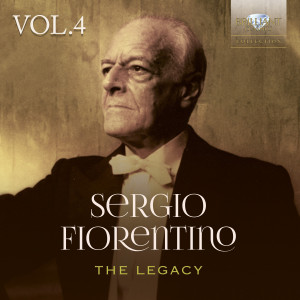
Johann Sebastian Bach, Johannes Brahms and 5 others
Sergio Fiorentino: The Legacy, Vol. 4
-
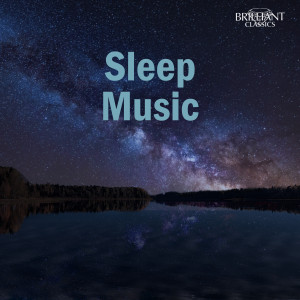
Antonín Dvořák, Maurice Ravel and 16 others
Sleep Music
-
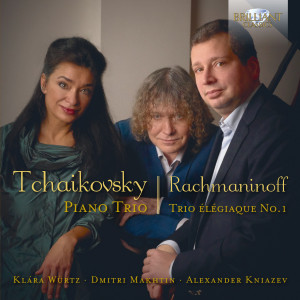
Piotr Ilyich Tchaikovsky and Sergei Rachmaninoff
Tchaikovsky, Rachmaninoff: Piano Trio in A Minor, Trio Élégiaque
-
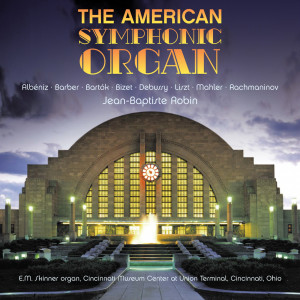
Georges Bizet, Samuel Barber and 6 others
The American Symphonic Organ
-
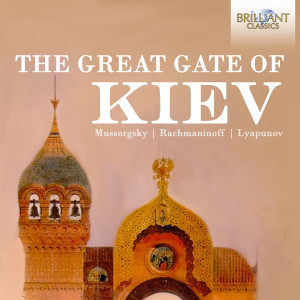
Sergei Lyapunov, Sergei Rachmaninoff and Modest Mussorgsky
The Great Gate of Kiev
-
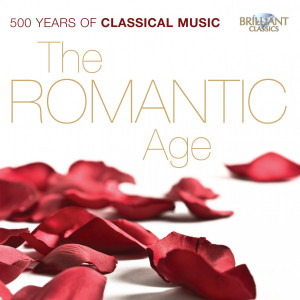
Camille Saint-Saëns, Gabriel Fauré and 37 others
The Romantic Age, 500 Years of Classical Music
-
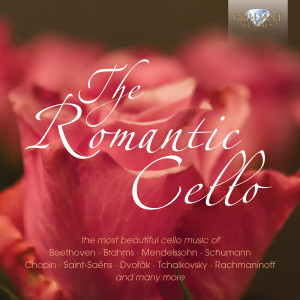
Antonín Dvořák, Camille Saint-Saëns and 13 others
The Romantic Cello
-
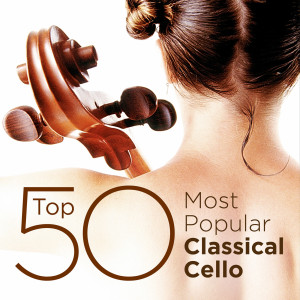
Antonín Dvořák, Camille Saint-Saëns and 14 others
Top 50 Most Popular Classical Cello
-
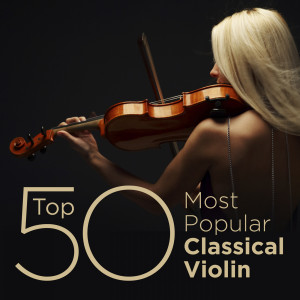
Richard Wagner, Edward Elgar and 36 others
Top 50 Most Popular Classical Violin
-
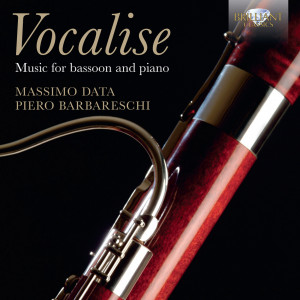
Maurice Ravel, Felix Mendelssohn and 5 others
Vocalise: Music for Bassoon and Piano
